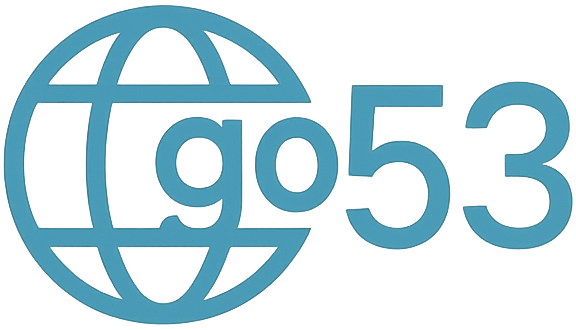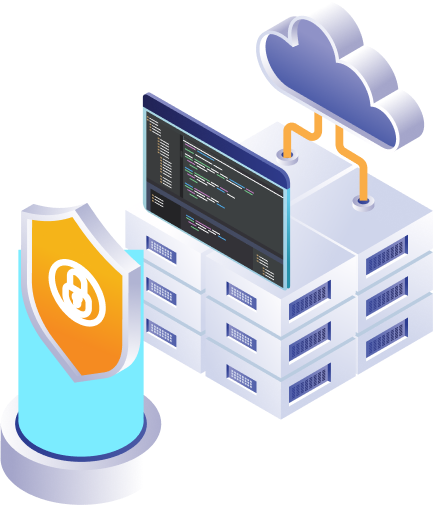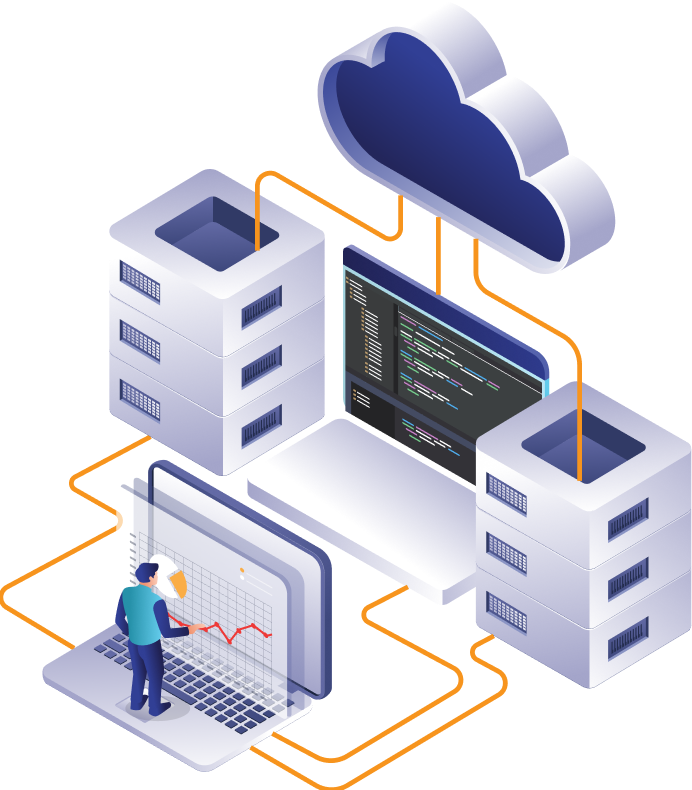Products
Go53
go53 is a purpose-built authoritative DNS server written in Go. Designed with clarity and control in mind, it prioritizes straightforward deployment, maintainability, and performance over feature bloat. Built from the ground up, go53 aims to make DNS administration predictable and transparent for modern infrastructure needs.

Wildduck SDK

Leverage our development kit to build powerful integrations with WildDuck, our high-performance, privacy-focused email system. Whether you’re creating custom workflows, managing users, or automating mail operations, the toolkit gives you full access to a modern, API-driven infrastructure — designed for scalability, security, and seamless communication.
Openness
Openness is the foundation of trust, resilience, and innovation. By embracing open standards and open-source technologies, we ensure that our systems remain transparent, auditable, and free from vendor lock-in. Open source empowers communities to collaborate, improve security through peer review, and adapt solutions to local and organizational needs.
In an era where digital sovereignty is critical, openness offers an ethical and strategic advantage: it enables independence, encourages innovation, and gives users full control over their infrastructure. At Tenforward, we build on open technologies not just because they are powerful — but because they are right.
Why is open source important for digital sovereignty?
On the other hand, ensuring long-term autonomy increasingly depends on maintaining transparent and adaptable frameworks, which in turn reinforces the capacity to act independently in a shifting geopolitical and technological landscape.
How does openness strengthen public trust in digital systems?
Meanwhile, the prioritization of open protocols naturally leads to a more participatory ecosystem, where scrutiny and collaboration shape infrastructure from the ground up — reinforcing trust through visible accountability.
What risks arise from closed, foreign-controlled digital infrastructure?
In contrast, reliance on opaque and extraterritorial platforms introduces systemic uncertainty, where the control over critical data flows may shift based on policy, access, or commercial interest — often beyond the reach of democratic oversight.
How can open standards contribute to long-term resilience?
Ultimately, the alignment with open standards supports not just technical interoperability, but also the preservation of institutional memory — ensuring that systems evolve without losing control, transparency, or the ability to adapt.

